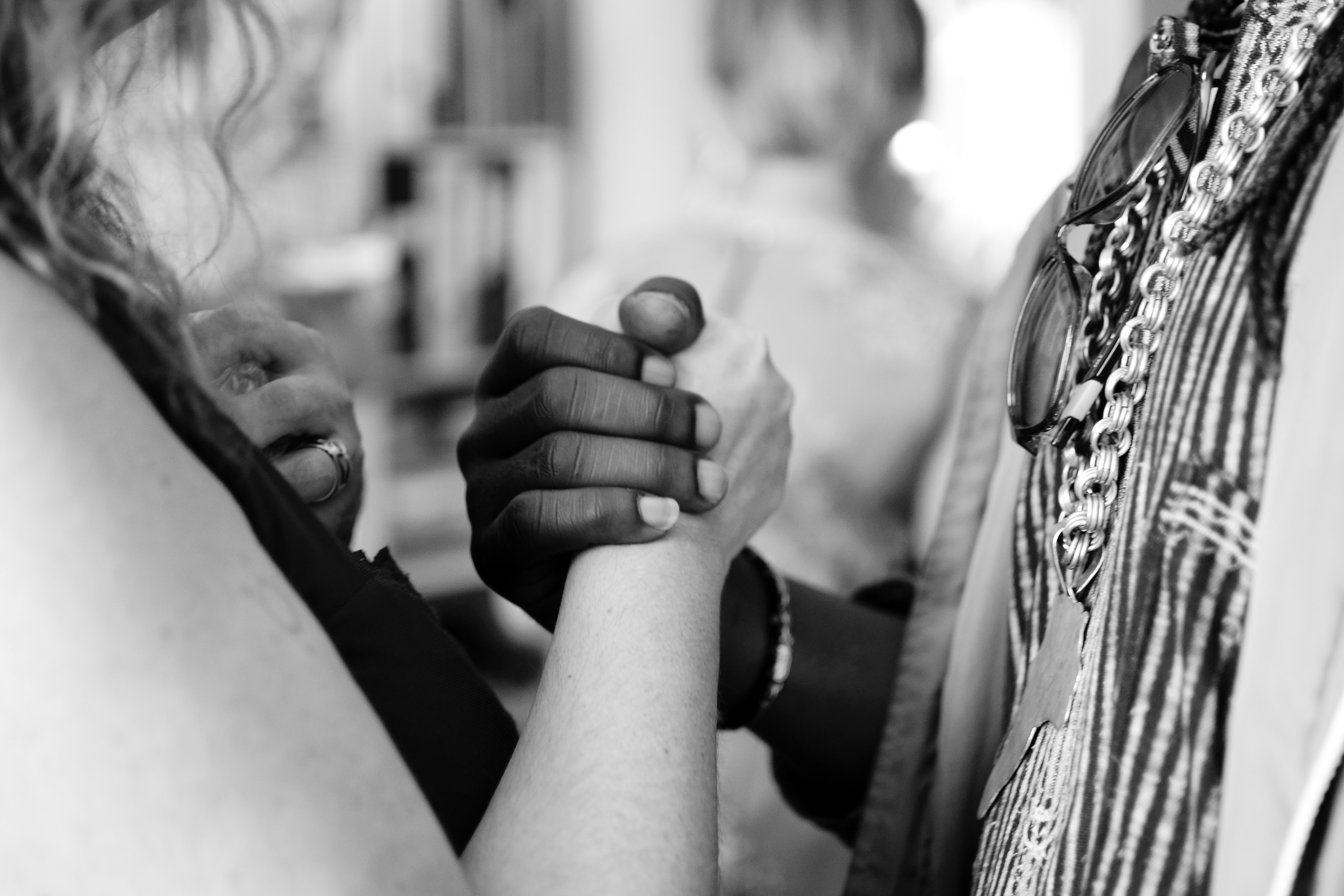The following article is a story by Senator Tim Scott excerpted from Unified.
When I was running for the South Carolina House of Representatives in 2008, knocking on doors was a very important part of campaigning. This is a fantastic opportunity to meet constituents, and it’s the best way I’ve ever found to gain a firsthand understanding of their interests and concerns.
One of my volunteers that year was a guy named Pete, a retired police officer from New York City. One morning, to my great surprise, Pete showed up wearing a T-shirt with a Confederate flag on the front, and he was carrying a 9mm handgun.
We were as unlikely a pairing as you could find—a black guy going door-to-door with a guy wearing a Confederate flag. Nevertheless, we headed out together and spent the next three or four hours knocking on doors. Funny thing was, it turned out to be a great day, and we learned we had a lot in common.
Our perception of people is too often colored by preconceived notions and expectations, whether those are based on past experience or shaped by cultural norms and attitudes.
If we want to build friendships with people across lines of division, we must focus on what we have in common and not become distracted by what separates us. We do this naturally—and often without even thinking about it—when we feel a connection with someone. If we want to reach out to people who are different from us, the process is really the same—though we may need to be more intentional about it. We must start by establishing rapport, based on common interests, and build a foundation of trust and goodwill, before we gravitate toward conversations about problems and the issues that divide us. If we start by talking about things we can all agree on—such as gratitude for our men and women in uniform, our love for our children and grandchildren—eventually we will pave the way to more challenging and difficult conversations.
So how do we begin to build friendships across boundaries of division? Let’s be honest; we can’t just say to someone, “Hey, do you want to be friends?” That would be naive—and more than a little awkward. There’s a process I learned while I was running my insurance business, and I believe we can apply these steps to any friendship in our lives.
Start by establishing rapport. When you meet someone new whose perspective on life is different from yours—because of class, race, ethnicity, religion, ideology, or life experience—ask to hear his or her story, and simply start listening.
Everybody wants to be understood. If you will make “seeking first to understand” a way of life, and if you try to see things from the other person’s perspective to the best of your ability, you will find that whenever you walk into a new room, establishing rapport is infinitely easier. When you’re willing to enter the situation without preconceived ideas and notions about the other person, then you can start to build rapport. As you interact with each other, actively look for things you have in common and begin to build on those. If differences arise, agree to set them aside in favor of building trust and establishing open lines of communication.
Reaching across lines of division doesn’t have to be complicated or difficult. You can start by meeting someone for coffee and having a conversation. You can invite him or her over to your house for dinner. You can go to a high school sporting event together. It doesn’t matter so much what you do, as long as you do it together. Take the first step. You’ll find that reconciliation and problem solving will come later.
Begin to build trust and earn credibility. We establish credibility with others by being honest, genuine, and transparent in our communication. If we’re honest about where we’re coming from, we can often bridge the gap between our differences by increasing our understanding. The more we understand each other, the easier it is to build trust. Credibility is also built on commitment—when we’re willing to say to the other person, “I’m in your corner, no matter what.” That doesn’t happen overnight. It takes purpose, patience, and persistence.
Before we can address the issues that divide us, we must first establish credibility in those areas. In politics and in life, we create credibility by doing our homework and becoming proficient on a topic. Credibility is born from our desire to know more about the other person. When we are genuinely interested in understanding other people’s perspectives, we will find ourselves able to move quickly and more deeply into a relationship with them. In a group, rapport is established through common bonds and core values. These allow for credibility to grow quickly, leading to deeper friendships.
Find a common problem to agree on. Once we have established rapport, trust, and credibility with someone, we may be ready to enter into deeper conversations—to discuss the challenges we face and tackle some of our differences. Trust allows us to identify problems from a common perspective, walk through those problems together, and begin to look for mutually beneficial solutions. The process of building rapport and credibility gives us the understanding of each other we need to work constructively together in an atmosphere of trust and goodwill.
So often, it seems, we look for solutions the wrong way. We put the cart before the horse and try to solve problems that we haven’t yet agreed we both have. We can’t begin to solve our problems until we’ve established a common bond and desire to work together. Effective problem solving can only happen when we’ve taken the time and put in the effort to establish a genuine and positive working relationship.
If we can make it a habit to see people as individuals, that’s half the battle. Once we’ve opened that door, we’re well on our way to establishing rapport, earning trust, and building credibility.
Finally, start to talk about solutions. If we start with something in common and we allow ourselves to bond with others across whatever divisions we may have, the solutions will be a natural by-product of our friendship, our commitment, and our mutual interests. Building rapport requires openness. We have to open our hearts to reach other people.
When you have rapport with someone, you think the best of each other and you give each other the benefit of the doubt. Sadly, too many people too often default to finding fault with one another. There’s plenty of doubt and suspicion to go around, but there is so much benefit to thinking the best of people. When trust and goodwill dissipate, what’s left are people running to their corners—whether that corner is race, ethnicity, religion, political ideology, or some other identity group—and digging in for a fight. But our nation can’t afford to splinter into small groups. We need each other to remain strong and to remain free. A persistent focus on our differences and divisions will ultimately lead to the breakdown of what might otherwise be healthy, productive, unifying relationships.

Unified by Tim Scott and Trey Gowdy
Our nation is hungry for unity.
Most Americans would rather celebrate what we have in common than focus on our differences. But the feelings of division are real. In recent years, the very foundation of our melting-pot society has been shaken—ironically, by our differences. We long for a story that will give us a glimpse of how to once again find harmony within our diversity.
If friendship and reconciliation can happen in Washington, DC, it can happen anywhere.
Unified tells the remarkable story of two men who came from very different backgrounds: one the ambitious grandson of a cotton picker, the other trained as a lawyer. Decades ago, no one would have predicted their paths would one day be intertwined. But they became good friends and an inspiration to others. If such a friendship can thrive in the competitive world of Washington, DC, it can happen in your community as well.
If we’re going to heal the division in our nation, it will only happen through dedicated friendships that overcome our differences. That’s why Senator Tim Scott and Congressman Trey Gowdy are committed to sharing their story to encourage and inspire others.
We can restore our communities—one friendship at a time.

